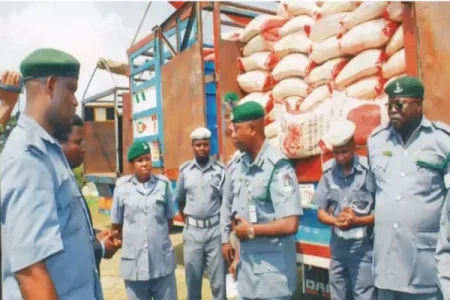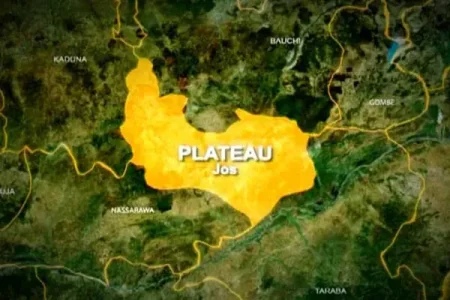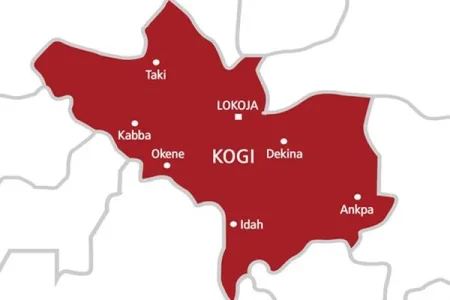
In the wake of a heartbreaking incident during a sale of confiscated rice, the Nigeria Customs Service launched an investigation into reports of people trampled to death. The sale, triggered by surging food prices in Africa's most populous country, turned chaotic as thousands vied for discounted 25-kilogram rice bags.
Customs Service spokesperson, Abdullahi Maiwada, acknowledges the chaotic scene, attributing it to impatience with laid-down procedures. Eyewitnesses recount witnessing people being "trampled to death" as desperation peaked, with some sharing tragic stories of lives lost during the frenzied rush for rice.
This unfortunate event unfolds against the backdrop of nationwide anti-government protests amid Nigeria's severe cost-of-living crisis, marked by nearly 30% inflation—the highest in 30 years. With the local currency's drastic depreciation and over 80 million Nigerians living on less than $2 a day, the country grapples with a pressing need for solutions to food insecurity.
The customs service claims that rice distribution is part of the government's strategy to tackle food insecurity. However, political analysts question the initiative's viability and call for a defined policy. The rising cost of rice, a Nigerian staple, adds urgency to the situation, prompting the customs service to confiscate contraband rice following restrictions on imports.
Nigeria's President Bola Tinubu faces criticism for the escalating prices of goods and services. Despite challenges, Tinubu expresses dedication to addressing food security challenges with home-grown solutions. However, doubts linger as analysts question the distribution's impact and the lack of a clear framework.
Amidst this turmoil, the Lagos government announces plans to alleviate the food crisis, unveiling special markets with affordable rates and the construction of food hubs to serve over 500,000 Lagosians.
As the investigation unfolds, the incident sheds light on the deepening socio-economic challenges facing Nigeria, raising questions about the government's response and the efficacy of interventions in the face of escalating desperation and loss of life.




